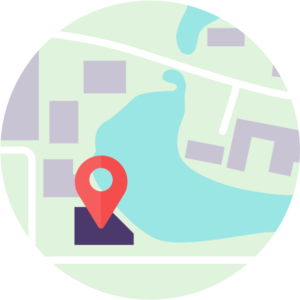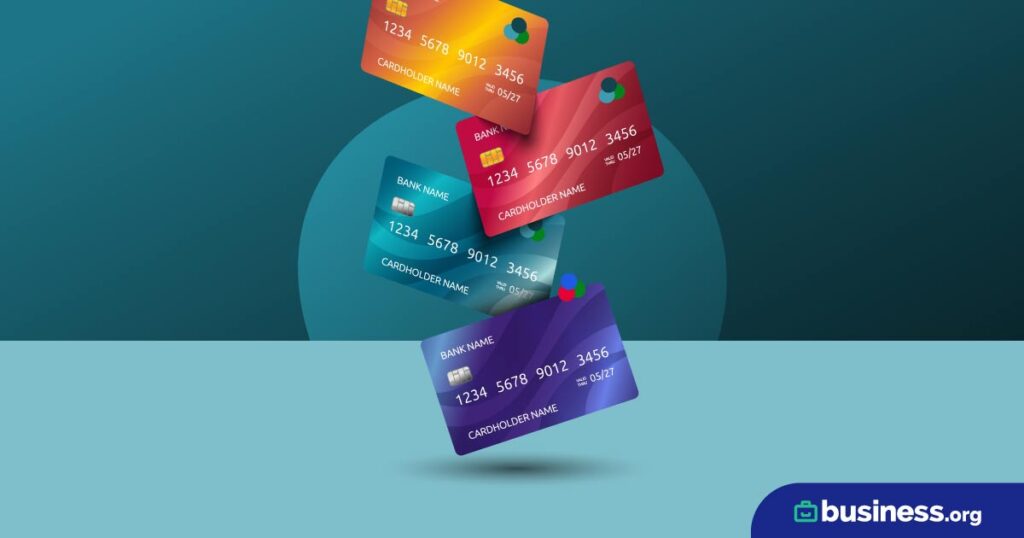We are committed to sharing unbiased reviews. Some of the links on our site are from our partners who compensate us. Read our editorial guidelines and advertising disclosure.
Cable vs. Fiber-Optic: Which High-Speed Internet Service Is Right for Your Business?
Data as of 8/29/22. Offers and availability may vary by location and are subject to change.
Cable vs Fiber
Internet providers are finding faster and more consistent ways of providing internet for businesses in the most rural to the most urban areas. Historically, cable internet has been the best we could offer and it still is the most consistent and the most available at the cheapest price points.
Much like cable tv, cable internet can get glitchy with bad weather or the more isolated areas. This is why internet providers have started transitioning their cable plans out and replacing them with fiber plans. Fiber internet is connected through through a fiber optic cable that can transmit digital information over long distances. This comes at a more expensive price than cable though which is why many businesses still opt for cable.
Bottom line: Cable and fiber are comparable in consistency but speed and price vary greatly. If you are going for fiber internet, we recommend Verizon and have written up a full review of all Verizon's internet offerings. For cable internet, we recommend AT&T (of which we also have a full review of all ATT&T's internet plans). Ultimately it is up to your budget and your download speed needs.
By signing up I agree to the Terms of Use and Privacy Policy.
Round one: Reliability
Cable internet connections are considered a reliable internet service. However, if your business is located in an area that frequently experiences cable outages or interruptions, you can expect your internet service to also be impacted. If your business must have internet to operate, it’s a good idea to have a backup internet access option available.
Fiber-optic networks are generally considered as reliable as cable. Fiber is considered a passive system, which means power does not need to be applied within the system network. So, during power outages, a fiber-optic network is less likely to be interrupted or go down. Also, because the conductor is glass, it does not generate electricity, so fiber is immune to interference that can be caused by nearby power lines or high-voltage electrical equipment. Plus, with fiber-optic, there is less chance of your computer sustaining lightening-related damage.
Round two: Availability
Fiber-optic internet isn’t offered in as many markets as cable, but its availability is expanding. However, because fiber requires the installation of new cable, it will take some time before it reaches as many markets as cable has and those located in rural areas may be the last to be serviced.
Cable is notoriously accessible. In fact, its availability is one of its greatest advantages over fiber. If your business can receive cable television, it can most likely access cable internet. While cable is widely available, it still isn’t available in some rural locations. If your office doesn’t have access to cable television, you won’t have access to cable internet either.
Round three: Speed
Cable internet speeds can accommodate the needs of most small businesses. Download cable speeds generally range from 20 to 300 megabits per second (Mbps), and upload cable speeds of 7 to 20 Mbps are common.
Latency (delays incurred during data processing) of 100 milliseconds (ms) is typical, but latency can range from 25 to 500 ms. It’s important to realize that with cable internet you share bandwidth speed with your neighbors, so the more customers using cable at once, the slower the internet speed is for everyone. This means that download speed can slow significantly during high-traffic times. All in all, cable internet remains a solid choice for heavy downloading, gaming, and streaming video.

Best cable internet providers
Data as of 8/29/22. Offers and availability may vary by location and are subject to change.
Cable has a reputation of being fast, but fiber internet speeds are amazingly fast and blow other high-speed internet options out of the water. Plus, fiber allows the user to send data over much greater distances while maintaining speed. Download fiber-optic speeds range from 150 Mbps up to 500 Mbps, and upload speeds range from 65 Mbps to 100 Mbps. These unmatched fiber-optic speeds allow every member of your team to download, upload, stream, and share files simultaneously without compromising performance. If you want to dig deeper into fiber internet plans, check out our take on the best fiber internet plans out there.
Best fiber internet plans for business
Data as of 4/20/23. Offers and availability may vary by location and are subject to change.
The cost of cable internet varies depending on your location, and whether or not you choose to bundle televisions, internet, and phone services. Generally, cable internet is an affordable business solution that ranges from $25 to $100 per month.
Keep in mind that you’ll usually pay more for faster speeds, and you may be charged an installation fee.
Fiber-optic internet will probably cost your business more per month, but depending on how your business uses the internet, the speed could be worth it. Plans for Fiber usually start at about $100 per month but can exceed $300 per month, depending on where your business is located, the speed you want, and the length of your service contract (most providers will require a two-year commitment). You may have to pay an installation fee or activation fee, but some companies offer promotions that waive this fee.
The takeaway
Every business owner is looking for the fastest, most reliable high-speed internet option at a budget-friendly price. If available in the area, we recommend small businesses choose fiber internet vs. cable. When you consider your options, be sure you’re comparing apples to apples. In addition to making note of download and upload speeds, ask about possible installation fees and thoroughly read over the service contract.
Methodology
We looked at pricing, reliability, availability and speed to determine the best options in both fiber and cable internet while also explaining the differences between both.
Disclaimer
At Business.org, our research is meant to offer general product and service recommendations. We don't guarantee that our suggestions will work best for each individual or business, so consider your unique needs when choosing products and services.






